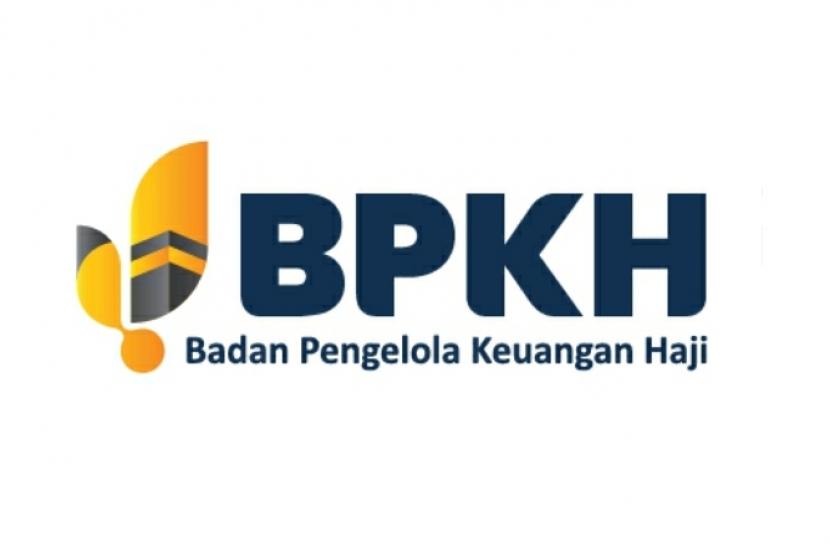REPUBLIKA.CO.ID, JAKARTA -- The Hajj Financial Management Agency (BPKH) considers the fairness of the fees charged to each Hajj candidate to be key to maintaining the financial sustainability of Hajj.
“The thing to understand is the need to maintain the financial sustainability of Hajj. At present, the value of the benefits of the investment generated by the allocation is still greater to be used to subsidize the worshippers who leave today,” said BPKH Executive Board Member Acep Jayaprawira in the dialogue of Merdeka Barat Forum 9 (FMB9) on the theme “Finding Solutions for Cost and Waiting Period of Hajj” which was followed online in Jakarta on Monday.
Acep revealed that Indonesia's Hajj costs are the lowest in Southeast Asia, one of which is the result of cross-subsidisation and investment of Hajj funds.
He continued the ideal ratio of subsidies is 70-30. That is, ideally the departing Hajj candidate bears 70 percent of the Hajj Prayer Travel Fee (BPIH/BiPIH) and the BPKH bears the rest of the value of the benefits.
“For example, if the cost of organizing the hajj is Rp 100 million, then the prospective hajj will pay Rp70 million sourced from the initial deposit and paid deposit as well as the benefit value of the respective virtual account, so that BPKH will bear the remaining Rp30 million,” he said.
Acep said that the ratio of the use of the value of benefits to the cost of the Hajj that took place during this time was not ideal. So justice in the funding of the hajj has not been realized in full.
He assessed that better quality and efficiency of the Hajj could be achieved with adequate funding support.
On the other hand, today BPKH has several challenges in managing Hajj funds, among them binding regulatory issues and impact on limited room for motion so BPKH acts carefully with mature calculations.
“According to Article 53 of Law No. 34 of 2014, in the event of a loss, the BPKH manager must bear jointly or under the terms of the common liability, so the investment choice made should prioritize the security of worshippers' funds,” he said.
Therefore, Acep stressed the need to revise Law 34/2014 to give greater flexibility to BPKH in managing investments and forming loss reserves.
“Our main objective is to ensure that the funds managed provide maximum benefit to the Hajj worshippers and Muslims as a whole,” Acep Jayaprawira said.


